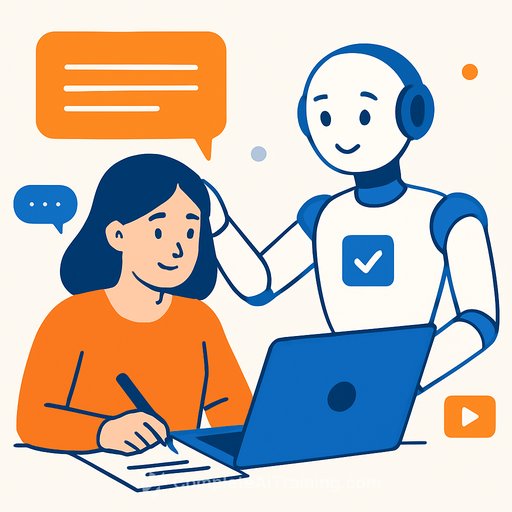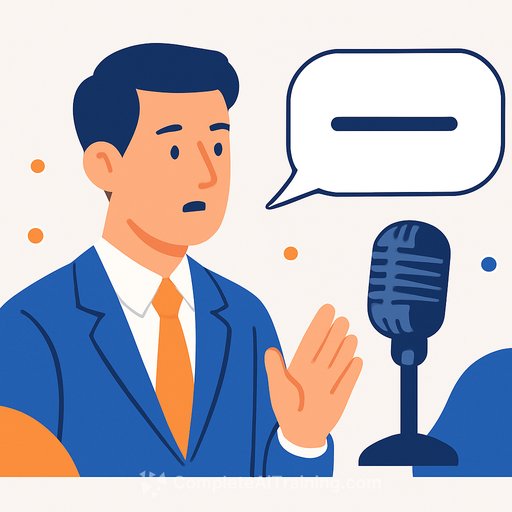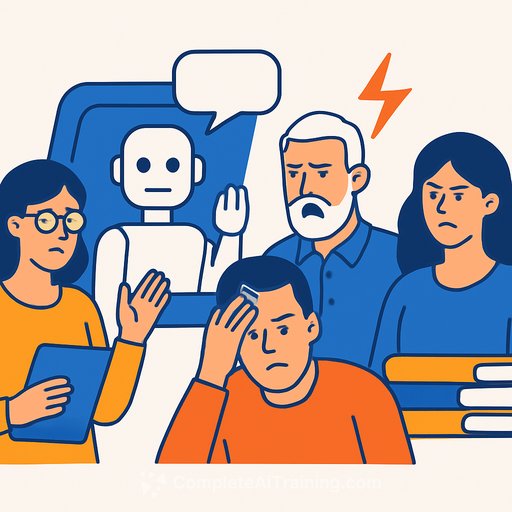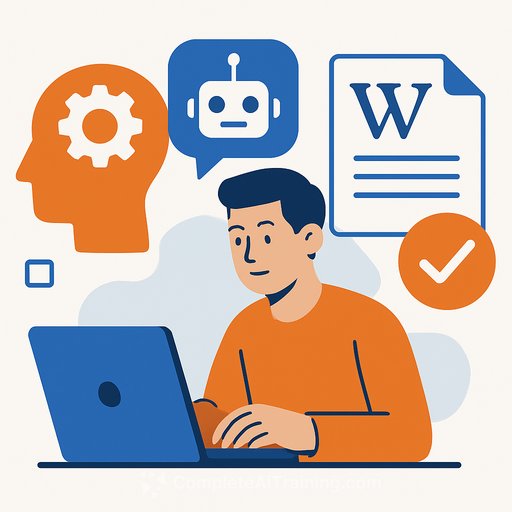Oxford author calls for urgent action on AI scraping
Sir Philip Pullman is calling for the UK Government to tighten copyright laws around AI "scraping" - the practice of using books to train language models without permission or payment. His position is simple: use the work if you pay for it. Don't if you don't.
"They can do what they like with my work if they pay me for it," he said. "But stealing people's work and then passing it off as something else - that's immoral but unfortunately not illegal."
Why this matters for working writers
Authors whose books are scraped aren't credited or compensated. Writers including Kate Mosse and Richard Osman say this could damage careers and future growth in creative fields - and they've called it what it feels like: theft.
If your income depends on rights, licensing, and advances, unlicensed training chips away at the foundation your work sits on.
Where policy stands right now
The UK launched a consultation on AI and copyright in December, drawing 11,500 responses. Expert working groups are now looking at options, but no firm protections exist yet.
Pullman's view: move fast. "As far as I know everybody's work has been stolen, scraped like a trawler, at the bottom of the sea… It's a wicked system and I'm profoundly against it." His message to lawmakers: "Of course they should change it at once."
For updates on the Government's work in this area, see the UK Intellectual Property Office's AI and IP collection: gov.uk.
Practical steps you can take now
- Join collective bodies. UK writers: the Society of Authors and ALCS campaign on this and negotiate better terms. Collective pressure moves policy.
- Update your contracts. Add clauses that restrict AI training use without explicit permission and compensation. Ask your agent to make it standard.
- Control what's on your site. In your robots.txt, block known AI crawlers to signal no training use:
"User-agent: GPTBot" + "Disallow: /"
"User-agent: Google-Extended" + "Disallow: /"
(Some crawlers may ignore this, but it states intent and can support future claims.) - Audit third-party platforms. Check Medium, Substack, or publisher portals for any AI opt-out settings; update where possible.
- Keep clean records. Store dated originals, ISBNs, contracts, edition histories, and publication timelines. Good documentation strengthens enforcement.
- Engage in policy. Respond to consultations, write to your MP, and back industry codes of practice that require consent and payment for training data.
Pullman's current work
His new novel, The Rose Field, completes the second trilogy about Lyra, the heroine of His Dark Materials and The Book of Dust. The first five books have sold 49 million copies worldwide.
Despite writing about parallel universes and daemons, he rejects the fantasy label and the Tolkien comparison: "He was a writer of fantasy, and I'm not a writer of fantasy." Next up for him: a memoir about his "unusual childhood."
Use AI on your terms
If you choose to use AI in your workflow, do it without surrendering rights. Learn the tools, protect your IP, and keep the creative voice yours. For practical options writers are actually using, see this curated list: AI tools for copywriting.
Your membership also unlocks:






